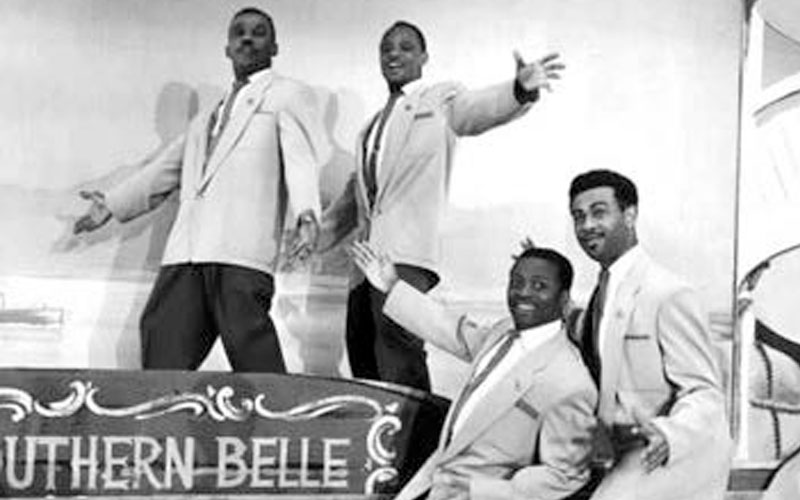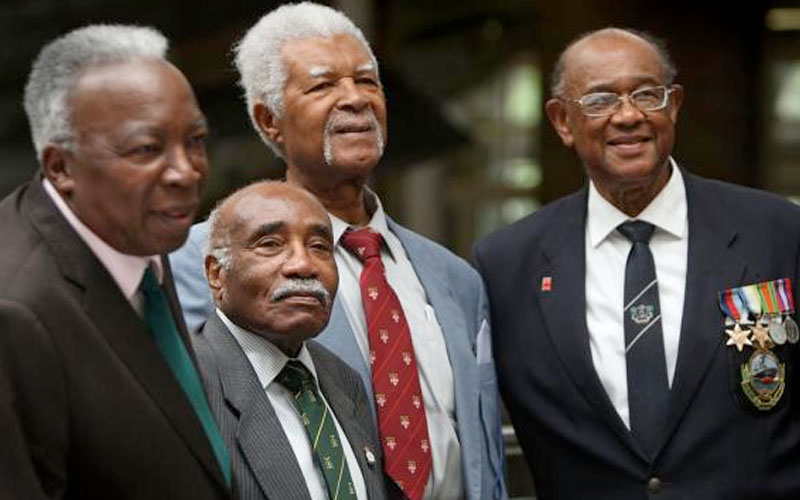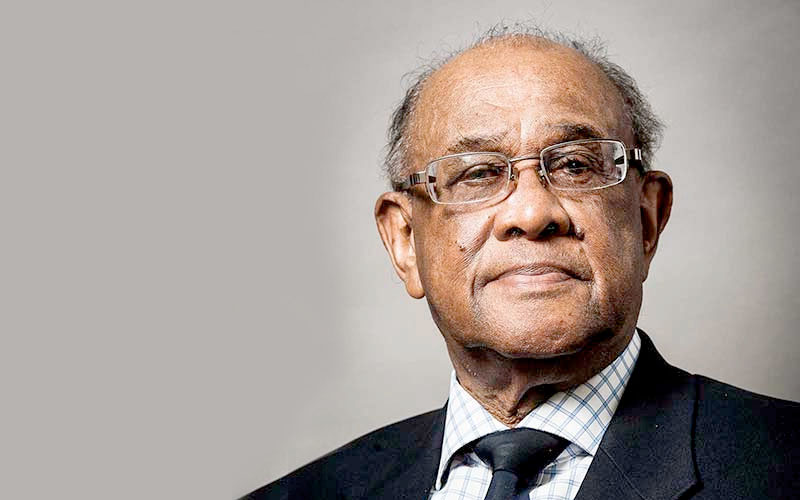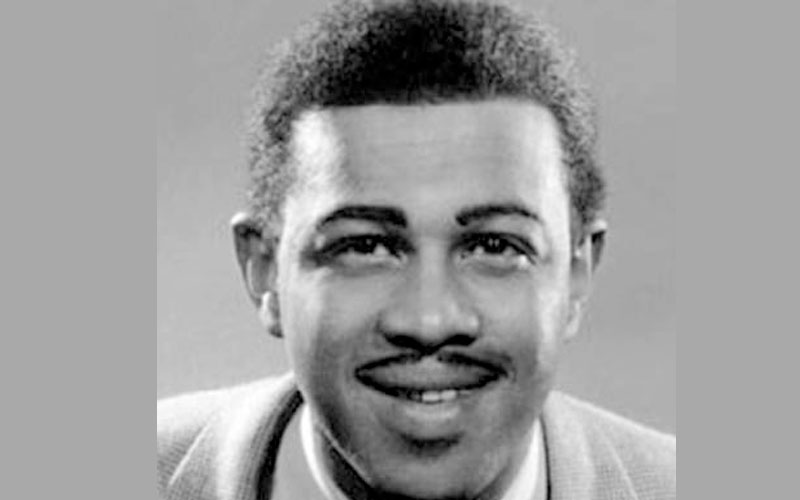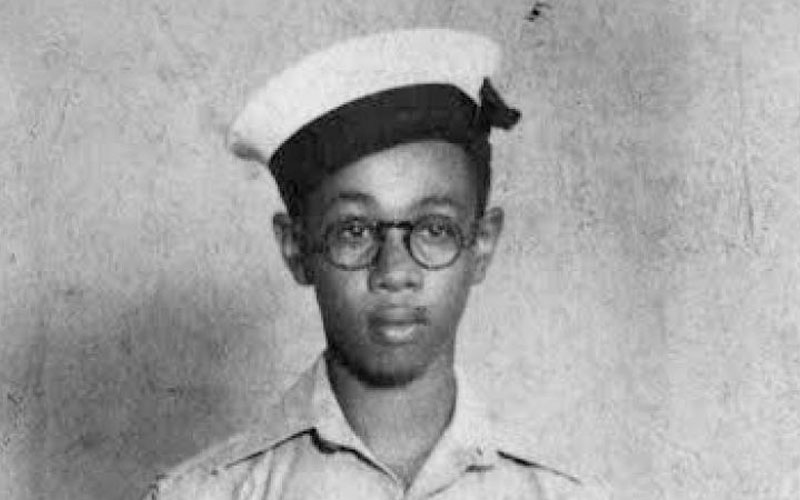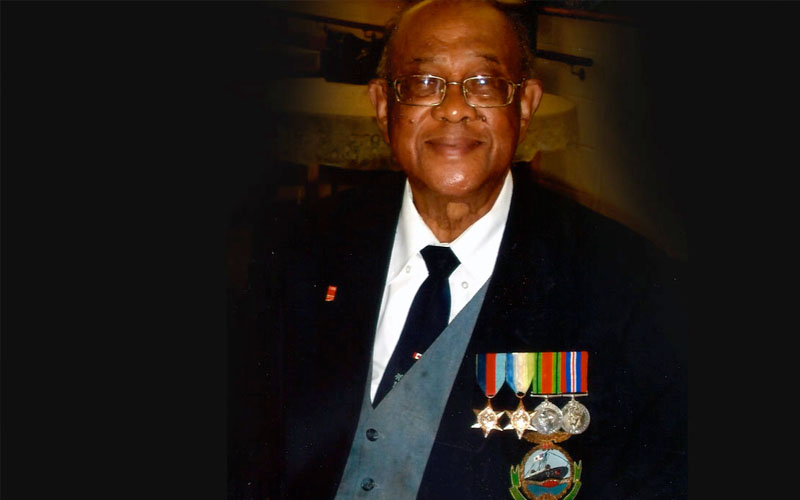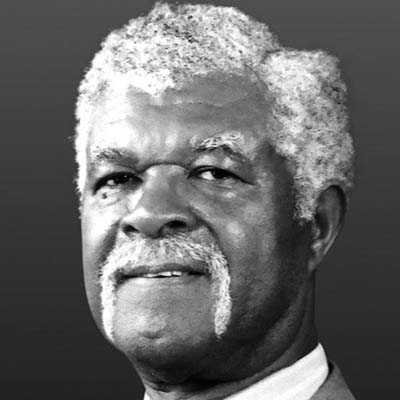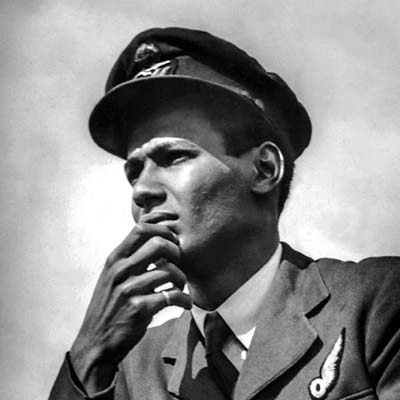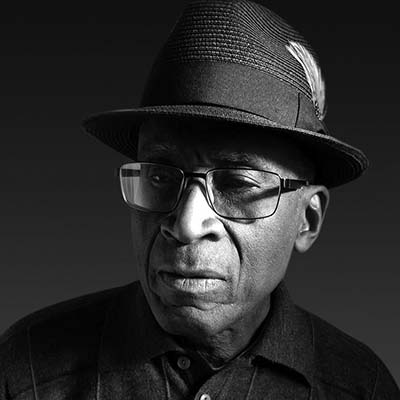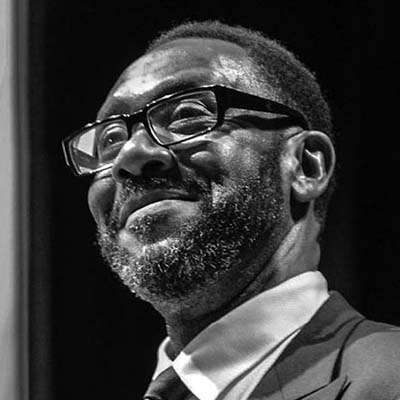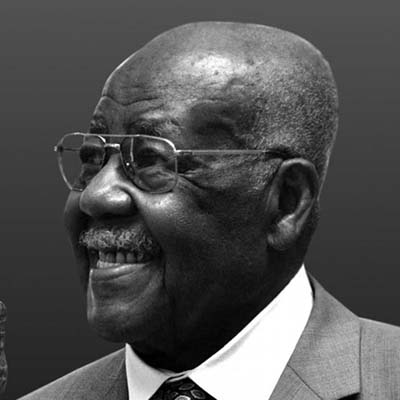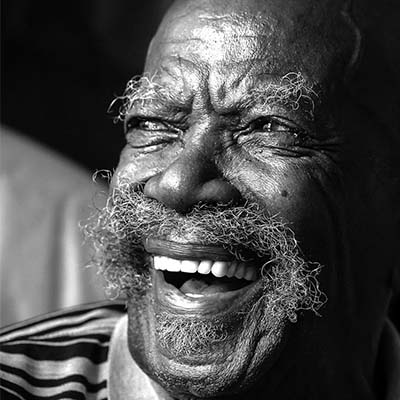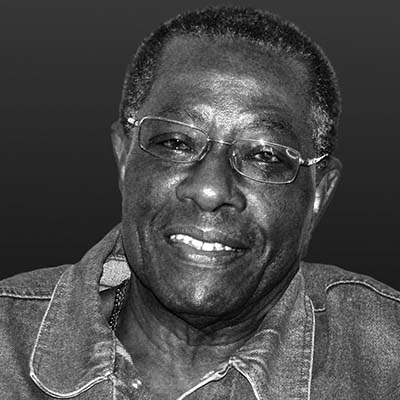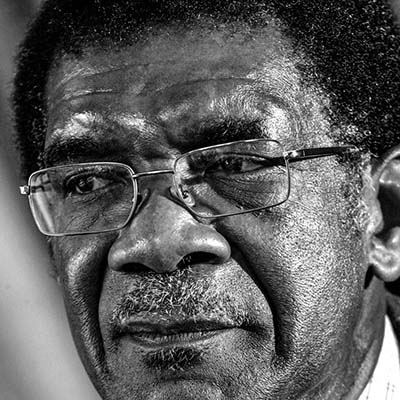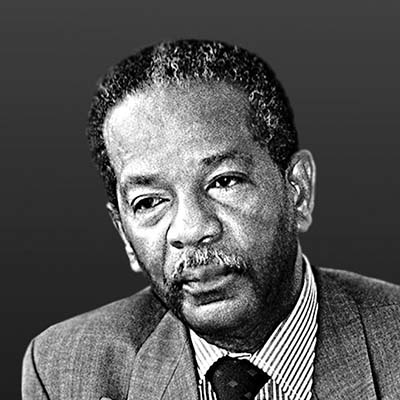ALLAN CHARLES WILMOT
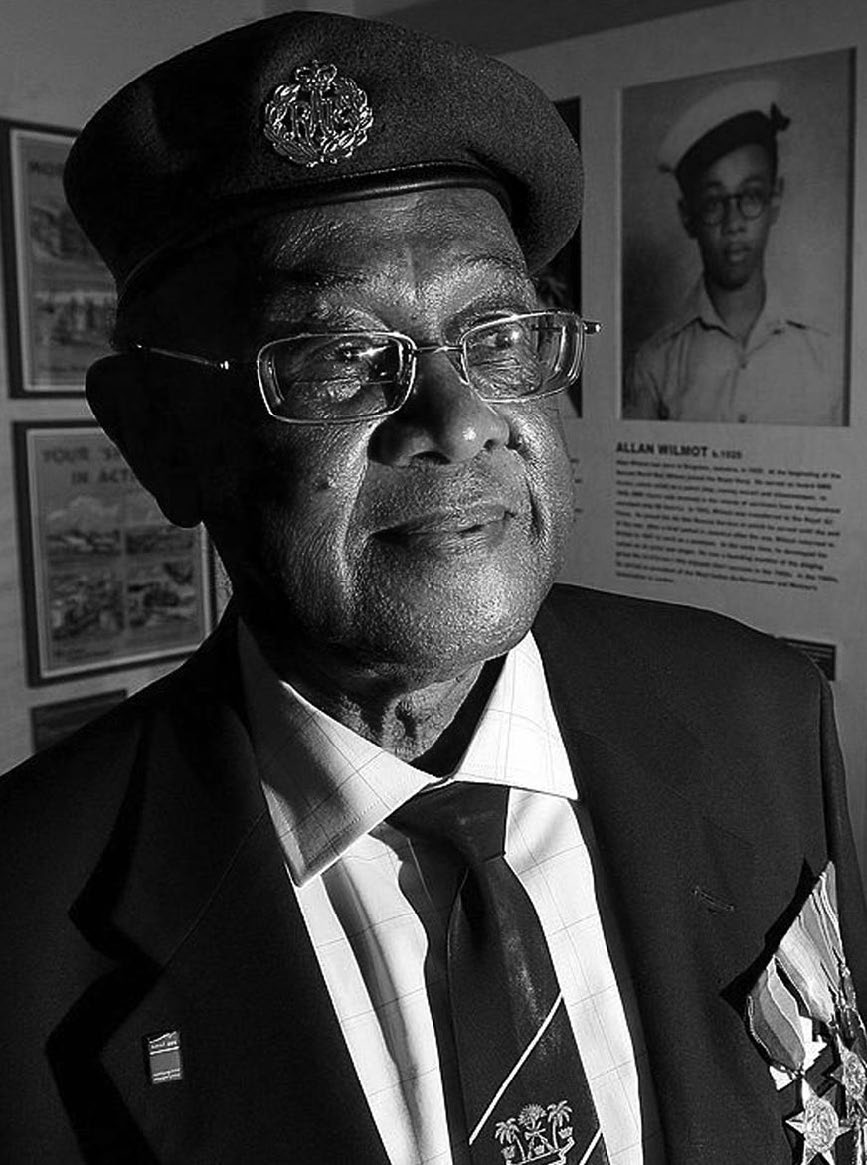
After seeing military service on the high seas in World War II, Allan Wilmot’s life took another adventurous turn when he became a member of chart-topping vocal quartet The Southlanders during the 1950s. In later years, he would once again reach the top, this time as president of the West Indian Ex-Services Association
Share this:
Born in Jamaica in 1925, Allan Wilmot volunteered for the Royal Navy during World War II at the age of 16 for a job whose duties included sweeping shipping channels for mines and searching for the survivors of torpedoed ships. Two years later, in 1943, he transferred to the RAF Sea and Rescue Service.
After the war, he was demobbed and had to go back to Jamaica but soon realised the prospects there were poor. He decided to return to the UK, sailing on board the HMS Almanzora and arriving in Southampton in December 1947 during one of the coldest winters on record. Finding accommodation was difficult and he often had no option but to sleep on London underground trains after the service had closed down for the night.
Like other migrants, he made ends meet with a variety of jobs, from factory work to washing dishes at the McDonald’s of its day, Lyons Corner House.
At the time, London was witnessing a thriving black music scene and he and his brother decided to try their luck with The Southlanders, a singing quartet they’d founded specialising in rhythm and blues and doo-wop. They were the first black group to achieve widespread success in the UK during the 1950s, reaching No.17 in the pop charts with ‘Alone’.
But they are best remembered for their quirky single ‘I am a mole and I live in a hole’. Allan and co carved out a successful career on the UK’s variety circuit, sharing the stage with some of Britain’s most popular performers, including Max Bygraves and Shirley Bassey. Even when their star was fading, The Southlanders went on to be a popular cabaret act on cruise ships and in hotels.
The group disbanded in the early ‘70s and Allan took a job with the Post Office, retiring in 1990. During the three decades that followed, he played an important part in the establishment of the West Indian Ex-Services Association (now the West Indian Association of Service Personnel) and for a number of years served as its president.
Check out more of our Pioneers and Champions
Privacy Policy | Registered charity number: 1159291 | Copyright © 2024 Windrush 70 | Design: ATOMIC CONCEPTS

